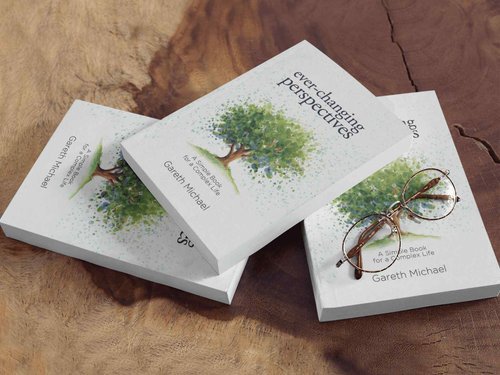Is Meditation A Sin?
The word meditation has Latin roots, coming from the word “meditation”, which means ‘to contemplate.’ This ancient mindful practice is believed to have originated in the East, where it remains an important part of culture.
Today, meditation has become a popular spiritual tool for those seeking clarity and inner peace.
In this article, we’ll explore the connection between meditation and spirituality, its perceived relationship with the idea of sin, and the benefits you can experience.
Meditation and Spirituality
Meditation offers us the chance to develop our self-awareness, which is an essential part of the spiritual journey. Meditation is a powerful way to harness the stillness required to be able to tune into ourselves.
Cultural traditions around the world commonly include meditation or mindfulness practice, which is tailored to the beliefs and values of that culture. These diverse practices help to strengthen spiritual awareness, and have many wellness benefits too.
The Perception of Meditation in Various Cultures
Meditation is often perceived as religious, but its practice is independent of most religions. Though its roots date back to Buddhist practices, today we see more modern forms, which are not associated with any religion.
In different cultures, meditative practice is usually intertwined with various religious or philosophical beliefs. For example, in Indian culture, many people practice meditating through yoga.
There are many different meditation practices around the world, most of which aren’t tied to any sort of religion.
Meditation and the Concept of Sin
Some people are put off trying meditation because they believe the practice is sinful, but meditation is talked of throughout religion. For example, Christian meditation is a form of biblical meditation, mentioned in psalm 119, encouraging followers to meditate on God, or the holy spirit, day and night, and reflect on God's word.
Meditation is an important practice in all cultures for cultivating stillness within. It’s most likely that misconceptions about meditation have formed due to misunderstandings, or cultural differences.
The Benefits of Engaging in Meditation
There are many scientifically-backed meditation benefits that can contribute to a person's overall well-being. Here are 5 reasons to give meditation a go:
1. Stress reduction
Studies have shown that when we feel stressed, our bodies release the hormone cortisol, which produces inflammatory chemicals that can be harmful to the body. Meditation can help to reduce stress, thus preventing the rise of cortisol in the body.
2. Stronger emotional resilience
Science says that people practising meditation are less likely to suffer with symptoms of depression. Regular practice may help strengthen emotional resilience and lead to better emotional health.
3. Better focus
Meditation has long been used to cultivate inner calm, and is a great way to train your focus and attention. One study showed that regular daily practice enhanced attention, memory and mood.
4. Improves sleep
Meditation induces a state of calm, which makes it a useful tool to aid sleep. Research has shown that mindfulness based interventions such as meditation had a positive effect on sleep quality, and suggested that it would help sleep disturbances.
Practical Tips for Incorporating Meditation into Daily Life
Sometimes it can feel hard to find time to fit something new in to your day, so here are a few simple ways for you to experience the benefits of meditation:
1. Go for a walk
Many people enjoy walking meditation, which involves using the stillness of nature to help you feel grounded and present. Try being more mindful next time you are out in nature, and take time to tune into yourself.
2. Commit to a time
Sometimes it can be as simple as ensuring you make a commitment to practise each day. This might mean waking up early to sit in stillness, or creating a routine before bed. The most important thing is to honour that commitment to yourself.
3. Become mindful during chores
We all have many chores each day that we do, but could you become more mindful while you’re doing them? This might look like focusing on your breathing, or bringing your awareness to the present moment. Use this time to see what drops in for you.
Meditation helps cultivate a stronger inner connection with yourself. This versatile practice is adaptable to various lifestyles and beliefs, and offers many wellness benefits.
If you’re ready to explore meditation as a tool for personal growth and self-reflection, spiritual coaching can offer you the support you need as you begin this exciting journey. Get in touch today to find out how Gareth can guide you in this grounded practice.
#1 Spiritual Podcast - Practical Spirituality
Join Kim, a behavioral specialist with a deep curiosity about spiritual growth, and Gareth, a spiritual channel of Michael, as they address and explore the biggest and most meaningful questions we face in our day-to-day lives.
Best-Selling Spiritual Book
Through 20 remarkable writings, each accompanied by insightful questions and empowering affirmations, Ever-changing Perspectives will guide you on your spiritual journey toward meeting your true and greatest self.



